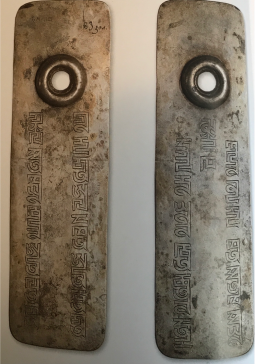In my book Khubilai Khan, published in 1988, I wrote that “Khubilai eliminated a discriminatory practice and altered the biases against occupational groups that had not fared well under the Chinese dynasties… His court rewarded doctors, scientists, and other formerly servile occupations whom the Chinese had offered little prestige, status, and compensation for their contributions.”
Throughout Chinese history, however, Chinese histories offered short shrift for occupational groups other than the elite (scholar-officials, bureaucrats, etc.). Sources on the values, beliefs, and lifestyles of the largely Confucian elite are abundant, but few texts yield similar information about non-elite workers. The Mongol era and the subsequent early Ming dynasty differed somewhat. The Mongol court cherished expertise in craftsmanship, science, and useful work, resulting in high status for those occupations and additional notes about them.
I intend to write a book on these forgotten peoples, in hopes of providing a social history—that is, from the bottom up. This year, I started with research on interpreters and translators who played vital roles in the multi-cultural Mongol empire. They prepared “orders for submission” and translated agreements between the Yuan and other regions. Using histories and gazetteers, I have examined the training, social backgrounds, and failings of these interpreters and will include biographical sketches of a few of these individuals. I am beginning to study the training, status, and lifestyles of metal workers, which will be my focus at the MPIWG (hence, the image of a silver passport). The Mongols prized objects of silver and, particularly, gold, and I hope to explore the lives of those who produced these objects.

